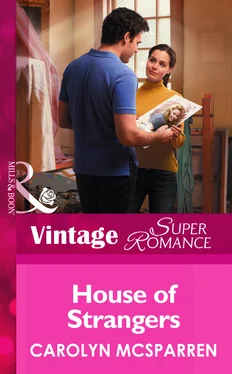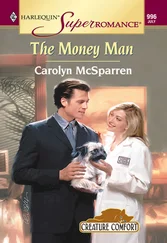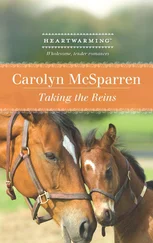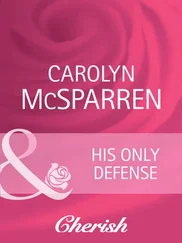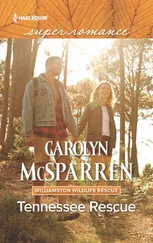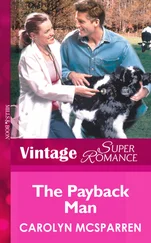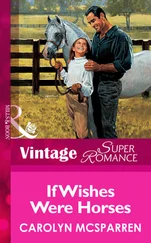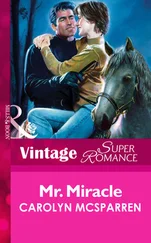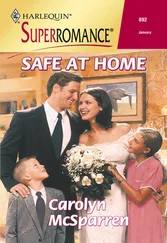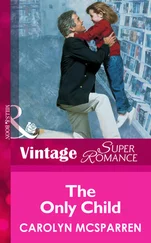“So what treasure does it conceal? Or was it empty?”
“No, it was just the way she left it.” Ann raised the lid. Inside lay a jumble of different colors of embroidery thread, a pair of elaborately carved silver sewing scissors, several hand-painted thimbles and forty or fifty small packets, some in yellowing envelopes, others in small plastic bags.
“Buttons,” Ann said. “When women buy a new dress or blouse, usually the manufacturer includes a couple of extra buttons in case one falls off. The average woman takes the dress home, removes the little envelope with the buttons, stuffs it in a drawer, forgets where she put it and can’t ever find it again when she needs it.”
“Miss Addy was organized.”
“She sure was. She must have inherited some of these buttons.” Ann picked up one of the envelopes and opened it so that Paul could look inside. “See—these are real ivory. They’re not made any longer.” She put back that envelope and chose another. “And these are hand-painted cloisonné. Very old and very fine.” She chose a third envelope. “These are hematite—that’s a kind of jet Victorian ladies liked to use on their dresses. Some of them are museum quality. I really lucked out. I wouldn’t sell this for a million dollars.”
“So there actually might be something worth having in the old studio?”
“It’s possible, I suppose, although I doubt it.”
“I would like to get in there.”
“Not a problem. How about another bagel?”
“No, thank you. I’m stuffed. Much better than any restaurant we could have gone to.”
“I like to cook.” She gestured at herself. “Like to eat, too. Honestly, I have no idea how those skinny models do it.”
“They’ve inherited high metabolism and they starve. I know from firsthand experience.”
“With stewardesses?”
“Not stewardesses any longer. Flight attendants. My fiancée was a flight attendant.” He’d barely spoken of Tracy to anyone, not even Giselle, since they’d broken up. Somehow the pain he’d been expecting at the mention of her desertion hadn’t come. He felt relief, instead.
“I didn’t know you were engaged.”
“I’m not. She left me and married another guy.”
“Oh, I’m sorry.”
“Don’t be. Better this way. It was my fault. After I got hurt I turned really nasty while I was recuperating. Tracy stood it as long as she could, then she left. She was right. I was impossible.”
“You seem so even-tempered.”
He laughed. “I was a monster.”
“So you had to retire? No wonder you were a monster.”
“Yeah. Look, can we change the subject?”
“Of course. Sorry.”
“Tell me more about the Delaneys. Every day I’m in that house I get more curious about them.” He ignored the small voice in his head that reminded him of his intention not to use Ann for information.
“Let’s see, you know about the first Paul Delaney, who bought a lot of land, married a rich wife and built your house for a bunch of children he never had.”
“And I know about his son Adam. And his son Barrett, the forecloser.”
“Right. Barrett’s son, my uncle Conrad, married my aunt Maribelle.”
Paul raised his eyebrows. “Am I detecting a pattern here?”
“So tacky!” Ann laughed. “But disgustingly Southern. The Paul Delaney who built the house had some sort of weird biblical middle name like Hezekiah or Elijah. He named his son Paul Adam. Then came Paul Barrett and Paul Conrad.”
Конец ознакомительного фрагмента.
Текст предоставлен ООО «ЛитРес».
Прочитайте эту книгу целиком, купив полную легальную версию на ЛитРес.
Безопасно оплатить книгу можно банковской картой Visa, MasterCard, Maestro, со счета мобильного телефона, с платежного терминала, в салоне МТС или Связной, через PayPal, WebMoney, Яндекс.Деньги, QIWI Кошелек, бонусными картами или другим удобным Вам способом.
